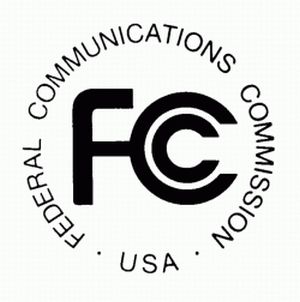Opposes the fund’s use as a “bone” to rural wireless carriers to replace high-cost support
The Rural Telecommunications Group (RTG) filed comments yesterday regarding the FCC’s proposed Mobility Fund. In its Mobility Fund NPRM, the FCC builds on a National Broadband Plan (NBP) recommendation that the FCC create a Mobility Fund to provide one-time support for deployment of 3G networks, to bring all states to a minimum level of 3G or better mobile service availability. The proposed Mobility Fund would take a portion of high-cost USF support surrendered by Verizon Wireless and Sprint Nextel, and redirect the funds to provide support for cost-effective network build-out in areas that currently do not have advanced wireless services.
Supporting the build-out of advanced wireless networks in states with 3G coverage lagging the national average is expected to enable those states to catch up with the rest of the nation and improve the business case for eventual 4G rollout in harder-to-serve areas. However, for the Mobility Fund to be truly successful, the FCC should:
- increase the overall size of the fund,
- determine receipt of support based on a qualitative market mechanism (taking into account, among other things, road miles covered, workplaces, recreational areas and Public Safety),
- provide ongoing support to Mobility Fund networks, and
- mandate data roaming for those receiving funding.
The FCC’s proposed Mobility Fund of $100M to $300M will only make miniscule gains in closing the nation’s mobility gap. Moreover, The proposed one-time Mobility Fund cannot be used to replace ongoing high-cost support for wireless competitive eligible telecommunications carriers and should not be viewed as any kind of substitute for continued high-cost support. RTG opposes any Mobility Fund that is simply a “bone” thrown to the rural wireless industry to replace ongoing high-cost support and specifically requests the FCC acknowledge in its order that there must be a mechanism for ongoing support of advanced wireless service in rural areas. RTG also fears that the FCC’s use of reverse auctions will produce a “race to the bottom” in which participants submit bids that are too low and provide inferior services.
To achieve the National Broadband Plan’s goal of universal broadband service as soon as possible, the FCC should mandate data roaming not only for mobility fund recipients, but for all wireless carriers.
Click here for a copy of RTG’s filed comments.
About RTG – Headquartered in Washington, DC, the Rural Telecommunications Group is a trade association representing rural wireless carriers who each serve less than 100,000 subscribers. RTG’s members have joined together to speed delivery of new, efficient and innovative telecommunications technologies to remote and underserved communities. www.ruraltelecomgroup.org @RTGwireless
# # #

